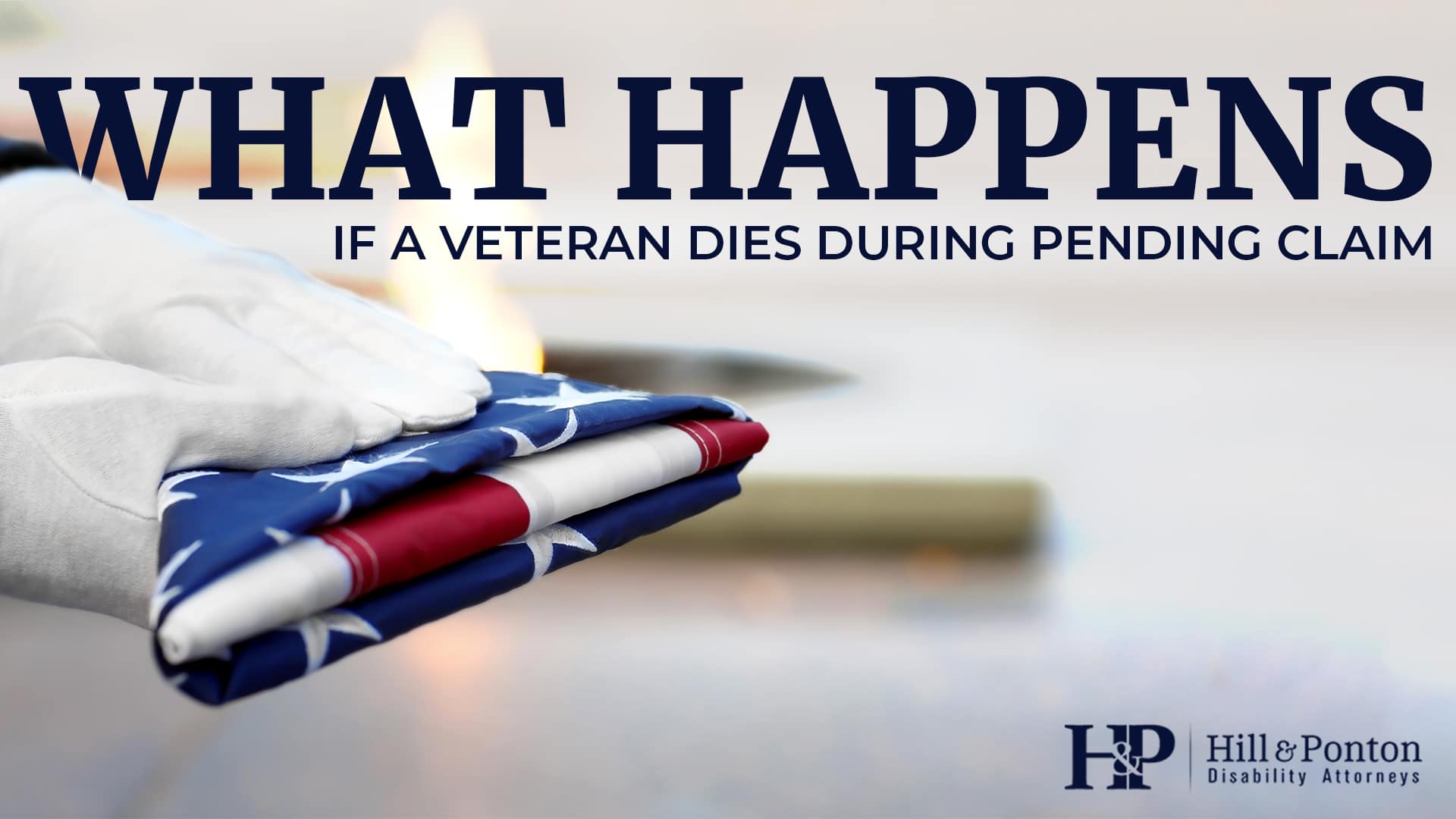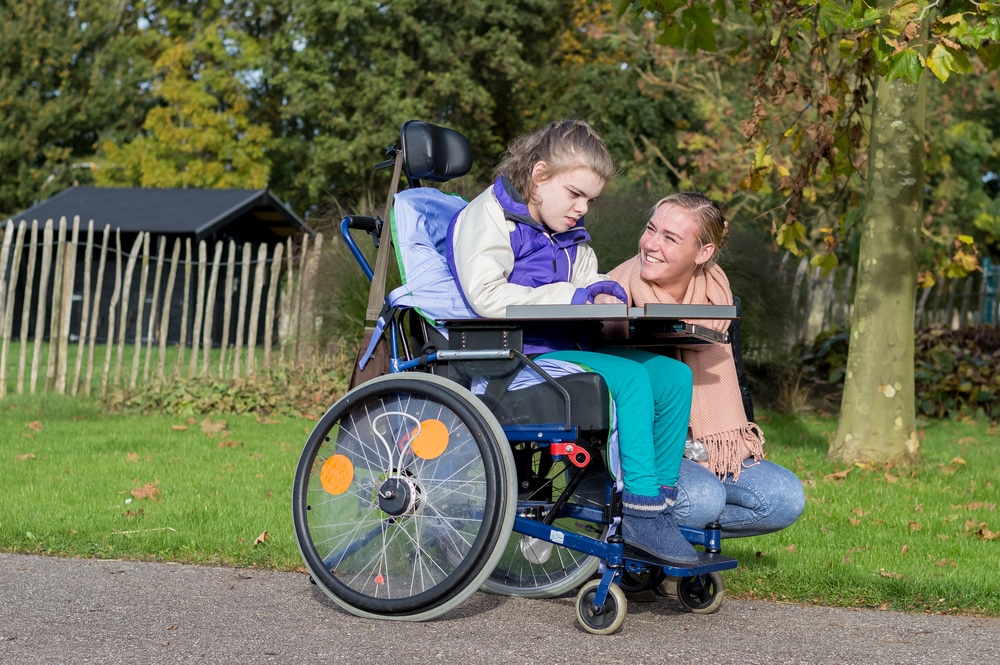If a veteran has filed a claim for disability compensation benefits and it has not yet been decided or is on appeal, you might think that if the veteran should die before his case is decided, then his claim would go away. That does not have to be the case. If there is an eligible substitute claimant, the veteran’s claim has the potential of continuing on.
A substitute claimant could include the surviving spouse, a dependent child or children (who must be under 18 or between 18 and 23 if attending school or found helpless), or surviving dependent parent(s). Priority is given to those listed above in the order listed. In other words, if there is a surviving spouse, the spouse would be the one who could apply for substitution into the claim.
A surviving spouse could “step in the veteran’s shoes,” so to speak, and continue to pursue the claim. Should the VA decide that the veteran’s claims were valid, then the substitute claimant could receive the veteran’s past due benefits (back to the effective date the VA set in its Rating decision).
In the event of a death, here are the steps you should take to continue the appeal:
- Notify the VA of the death of the veteran (by calling main number 1-800-827-1000).
- Complete Form VA 21-0847 – Request for Substitution of Claimant Upon Death of Claimant. This MUST be received by the VA within one year of the veteran’s death.
- Continue to submit evidence. No additional new claims can be added but additional evidence for the pending claim(s) can be submitted.
If the veteran had received a denial of a pending claim at the time of his death, the substitute claimant can still appeal that denial if done within one year of the denial.
Death Benefits – Dependency and Indemnity Claims
In addition, if the veteran’s death was caused or contributed to by a disability for which he or she is already service-connected, then the vet’s eligible survivors can make a claim for Dependency and Indemnity Compensation (or “DIC”). *
The veteran’s death certificate will be an important piece of evidence indicating primary and secondary causes of death. Please be aware that there are a number of other ways to connect a medical condition as potentially contributing to a veteran’s death.
Once again, these benefits, if granted, could be paid to an eligible surviving spouse and/or children of the veteran.
*These benefits can also potentially be paid under other conditions such as if a service member dies while on active duty/training OR if a veteran dies from any condition and has been rated at 100% disabled:
- For at least 10 years immediately before death, OR
- Since the Veteran’s release from active duty and for at least five years immediately preceding death, OR
- For at least one year before death if the Veteran was a former prisoner of war who died after September 30, 1999.
Fortunately, DIC benefits are not taxable.



